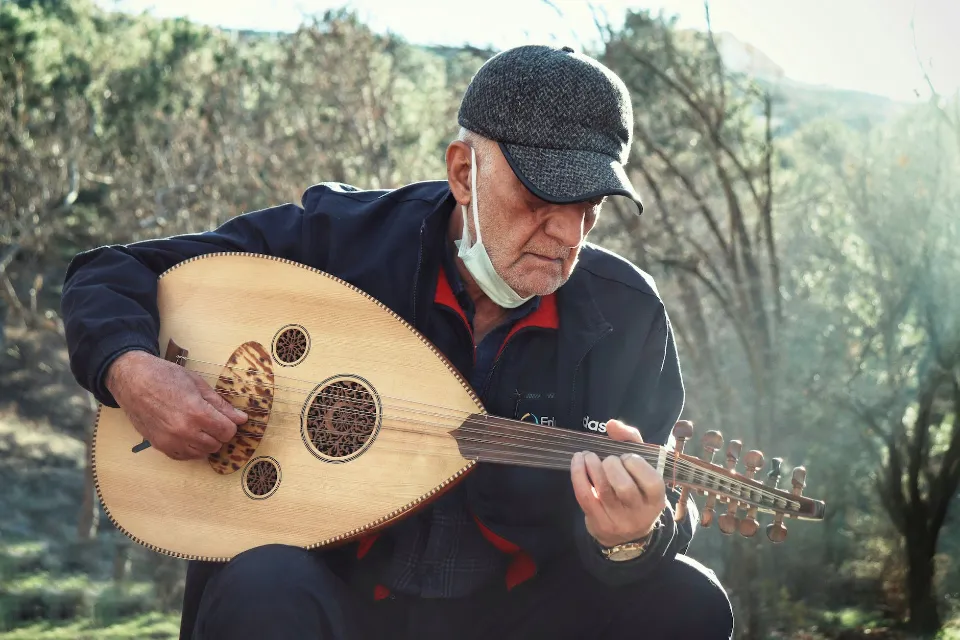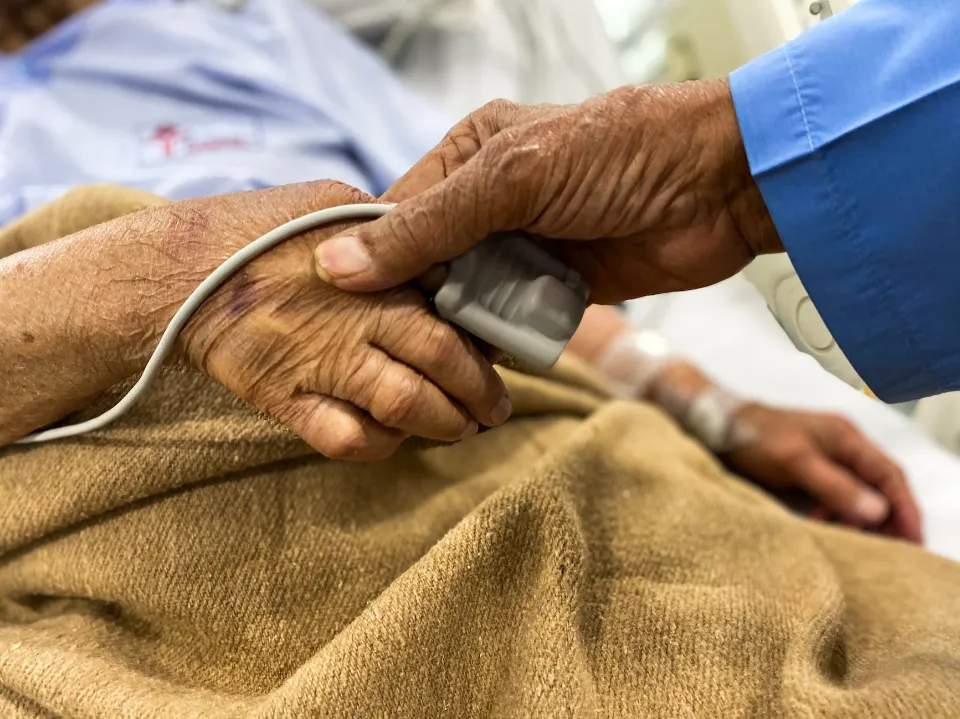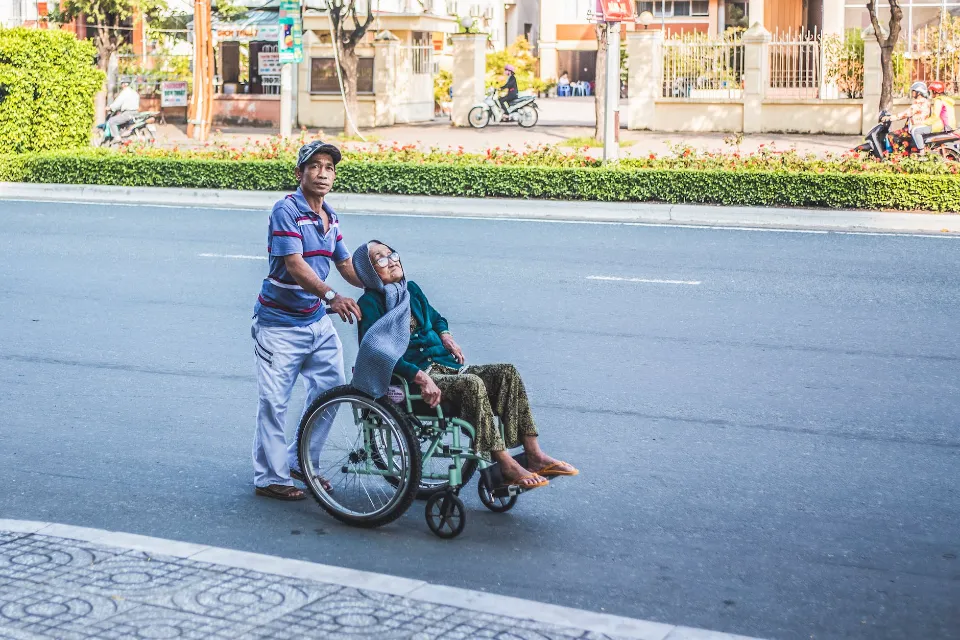We constantly bump into different parts of our bodies as kids as we tumble and fall. Sports, including dangerous ones like snowboarding or mountain biking, are popular among teenagers. Fractures caused by falls can heal more quickly when we are young. However, falls become more dangerous as we age.
When 70-year-old adults fall, they usually break or fracture their bones, and fractures take longer to heal. For older adults, falls are the leading reason for hospitalization due to injuries. And usually, bones have a harder time healing after a fall in the elderly.
Why then is bone healing in older people so challenging? What can be done to hasten the elderly’s bone healing process? To find the solution, simply slide.
Why is It So Hard for the Elderly to Heal Bones?
Nearly half of all Australians over 75 have a disability of some kind. Common conditions affecting muscles and the skeleton, or the musculoskeletal system, in older people include:
Osteoarthritis
The most prevalent type of arthritis is osteoarthritis (OA). Some people call it a degenerative joint disease or “wear and tear” arthritis. Knees, hips, and hands experience it most frequently.
With OA, the cartilage within a joint begins to break down and the underlying bone begins to change. Typically, these alterations come about gradually and worsen over time. OA can cause pain, stiffness, and swelling. Some people lose the ability to perform daily tasks or work because of it, which can also result in reduced function and disability.

Osteoporosis
Osteoporosis is a disease that makes bones more brittle and prone to breaking. It develops slowly over several years and is often only diagnosed when a fall or sudden impact causes a bone to break (fracture).
Osteoporosis typically causes no pain until a bone is broken, but spinal fractures are a common source of chronic pain.
Though a broken bone is frequently the first indication of osteoporosis, some older people develop the recognizable stooped (bent forward) posture. When the spine’s bones are broken, it causes difficulty supporting the body’s weight. Osteoporosis can be treated with bone-strengthening medicines.
Osteomalacia
Osteomalacia is softening of the bones. The most frequent cause is a vitamin D deficiency, which prevents your body from absorbing calcium. Calcium is essential to your body’s ability to keep your bones strong and durable.
How Long for 70-year-old Bones to Heal?
The majority of fractures in seniors occur from falls, but they can also suffer fractures from traumatizing events like violent assaults or car accidents, as well as sports activities like skiing or tennis. Falls account for 95% of hip fractures in seniors, and 20% of these fractures result in death. The most common injuries suffered by seniors in Canada after falling are to the shoulder or upper arm, followed by injuries to the knee or lower leg, ankle, or foot.
Research has found that seniors on average stay nine days longer in the hospital for falls, if they are hospitalized, than any other causes. Our healthcare systems are put under a lot of strain because of this. Around 50 percent of falls that result in hospitalization happen in the home, while many are walking or doing household chores. Walking on snow or ice outside also contributes to many falls.

If a 70-year-old man recently had a fracture, he is probably eager to get back to his life. His bones heal normally despite having osteoporosis. The majority of fractures heal in 6 to 12 weeks.
A 70-year-old man probably spent most of those weeks at home. Learning to get around can take time, but you can do some things to get back to your normal activities more quickly and stay healthy while you’re at it.
What Should Be Done to Speed Up the Healing of Bones in the Elderly?
Stop Smoke
Lastly, there’s one thing in particular Dr. Smoking, as Dewan cautions, can drastically slow your recovery.
“We know that smoking has a major impact on bone biology by negatively affecting the function of cells that create and lay new bone,” explains Dr. Dewan. “Smoking is always unhealthy, but, while nursing a broken bone, it becomes an added detriment to your health.”
Focus on Your Diet
A diet high in fruits, vegetables, lean protein, and water is one that is healthy. Make sure you’re focusing on food sources rich in these nutrients, such as dark, leafy greens, broccoli, fish, meat, yogurt, nuts, and seeds. Calcium, vitamin D, and protein will be especially important during the bone-healing process.
Follow Doctors’ Words
Being immobilized for an extended period of time is, understandably, one of the hardest aspects of recovering from a broken bone. In addition, it’s one of the most crucial things you can do to encourage bone healing.
“Improperly immobilizing a broken bone can absolutely slow bone healing. If your doctor’s orders were no weight bearing for two weeks, stay off the bone completely. Even if lightly bearing weight doesn’t cause pain, it can place unnecessary stress on the fragile, healing fracture site,” warns Dr. Dewan.
Conclusion
It is crucial to regularly check a 70-year-old’s vitamin D levels and to take supplements when they are low in order to help his bones heal. It is crucial to consume a diet that is generally healthy and nourishing. The development of muscle and bone strength through exercise can enhance balance and flexibility and reduce the risk of falling.
FAQs
What Vitamin Helps Bones Heal Faster?
It is commonly believed that the only nutrients needed for healthy bones and, therefore, the only ones that can enhance the fracture healing process are vitamin D and calcium.
What Slows Down Bone Healing?
Smoking and high glucose levels interfere with bone healing. The initial healing process is slowed down for all patients with fractured bones, so immobilization is a crucial component of treatment.



